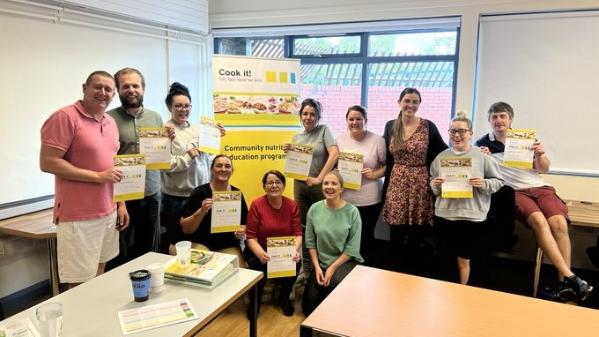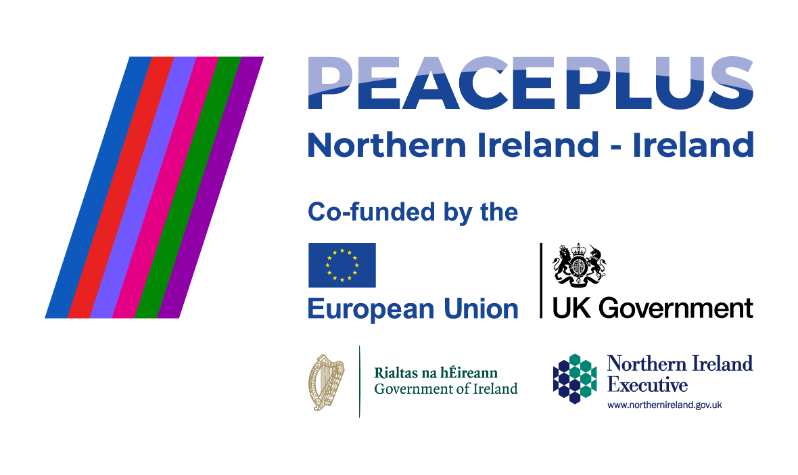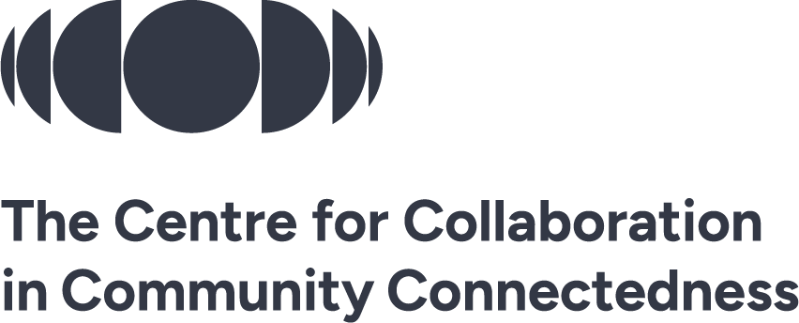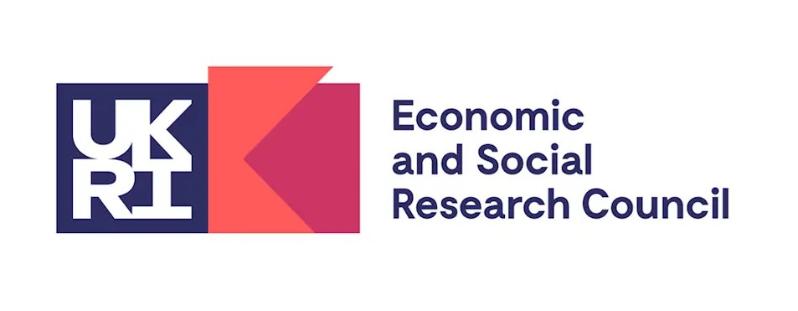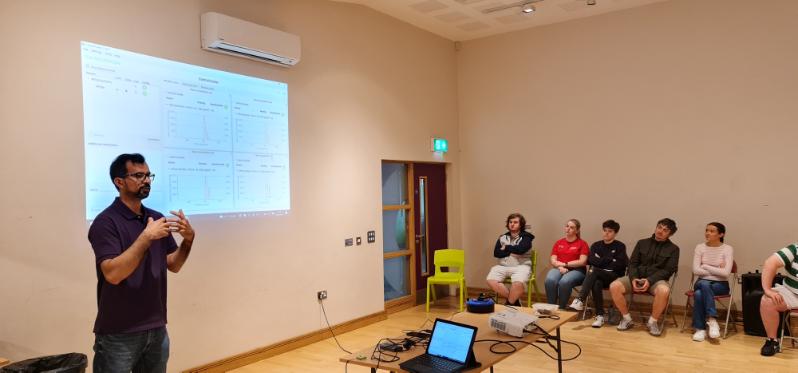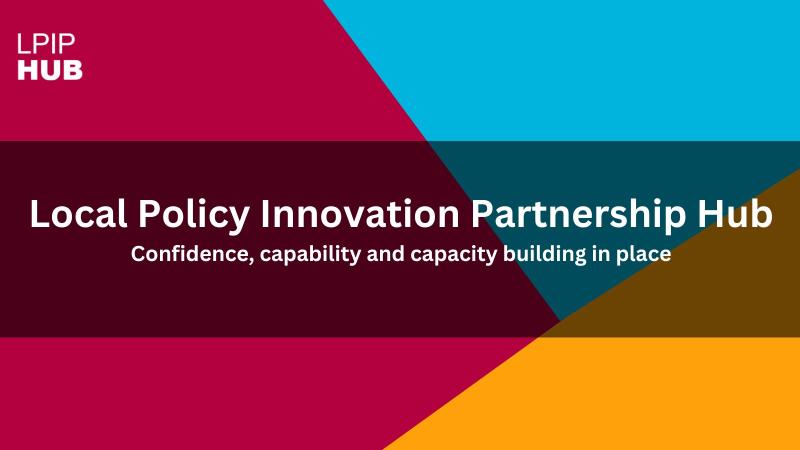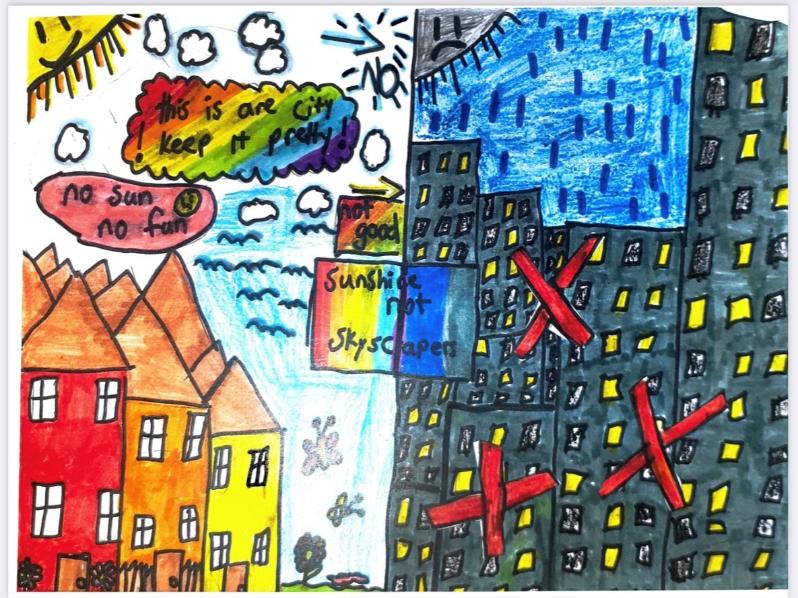This programme sought to explore the use of co-creative methodologies to break cycles of silences and address stigma around health and social challenges in Belfast’s Market community. This historically working-class neighbourhood faces unemployment, poverty, health inequities, and political segregation; issues worsened by the legacy of Northern Ireland’s conflict and recent policy vacuum due to government suspension.
This study was funded by AHRC through their Creative Communities Community Innovation Practitioner (CIP) pilot programme. The research employed community based participatory research (CBPR), taking a trauma informed approach to explore how the Arts can effectively respond to community hauntology, breaking cycles of silence, to affect change in: attitudes to trauma and substance use, and related outcomes.
The CIP programme was an arts-based, community-led intervention emphasising equitable partnership and co-creation. It integrated community experience, academic knowledge, and cultural expertise to empower participants and address these challenges through a place-based approach aligned with regional strategies. Collaborating with the Market Development Association (MDA) and partners, the CIP project facilitated nine intergenerational workshops between November 2023 and March 2024. Seventeen participants, divided into two groups, engaged throughout, using creative methods such as drama, poetry, visual mapping, and photovoice. The methods allowed a safe space for participants to share their stories, explore issues like trauma, substance use, mental health, and civic identity, whilst building a collective narrative fostering community trust and resilience.
The project culminated in a co-created photographic exhibition, The Market: A People’s Tapestry, displayed at 2 Royal Avenue, Belfast, in April 2024. The exhibition drew 7,000 visitors and gained extensive media attention, including coverage on BBC Newsline, Radio Ulster, and social media platforms, with over 58,300 views. This visibility raised awareness of community challenges, helping to further helped destigmatise issues of trauma and substance use.
Key programme outcomes included participant empowerment, strengthened community bonds, and reduced stigma around trauma, mental health and substance use. Additionally, the project inspired: a community toolkit and funded follow-on initiatives; and highlighted the transformative potential of arts-based interventions in marginalised communities. It underscored the value of targeted funding in fostering innovative, cross-sector, cultural research and development.
The CIP project serves as a model for using arts and cultural approaches to address complex social and health issues, demonstrating the importance of collaboration, co-creation, and localised responses in driving meaningful community change.
Current Grant Information
Grant Funder: AHRC Community Innovation Practitioner (CIP) Programme
Grant Award: £58,000
Grant Team: McGuigan, K. (PI), Brady, Á. (CIP), Robinson, G. (CI), & Higgins, K. (CI)
Grant Duration: 02/10/2023 → 01/10/2024 (Completed)
Link to outputs
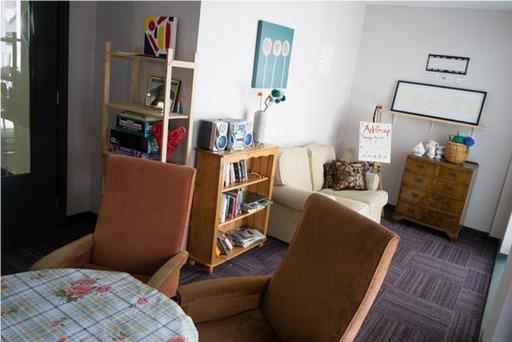

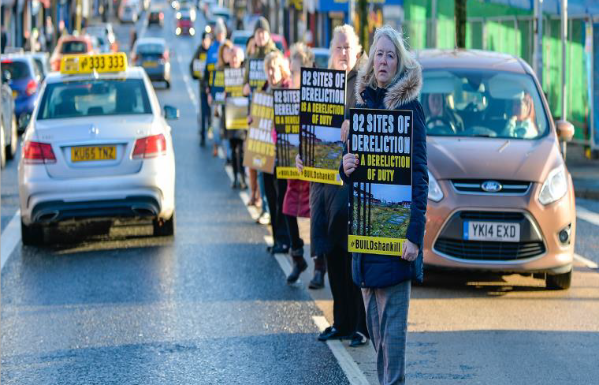


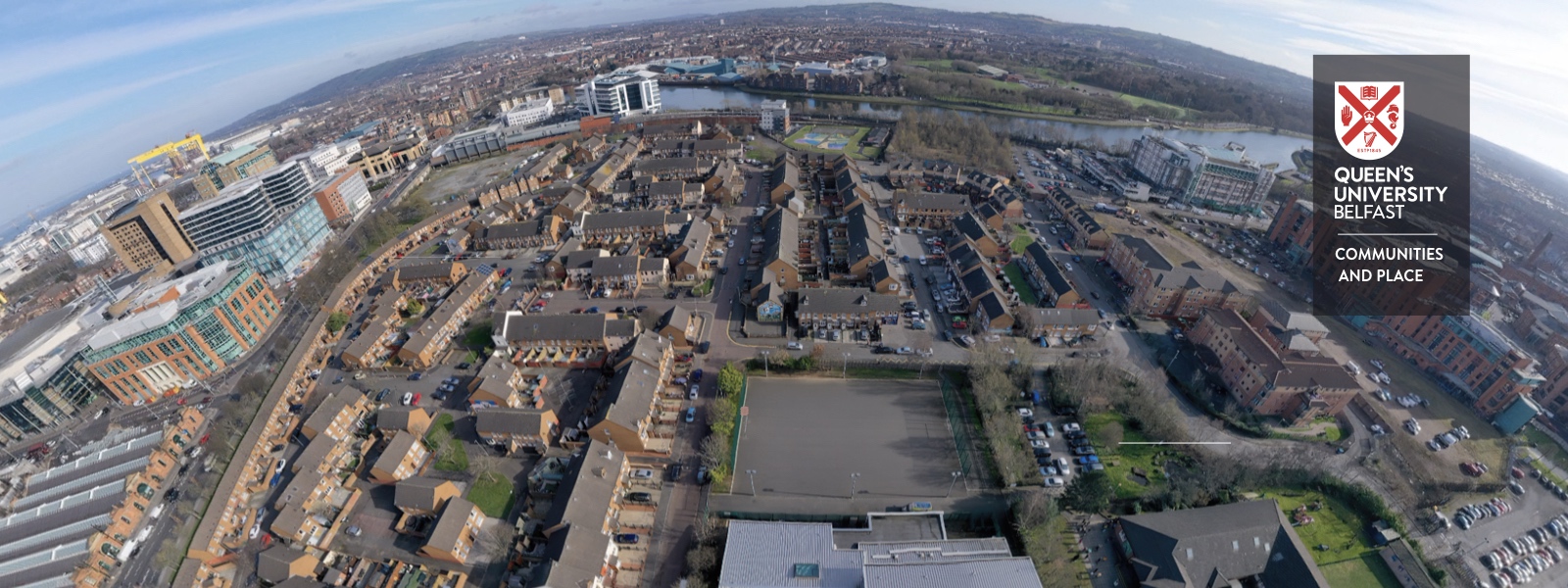
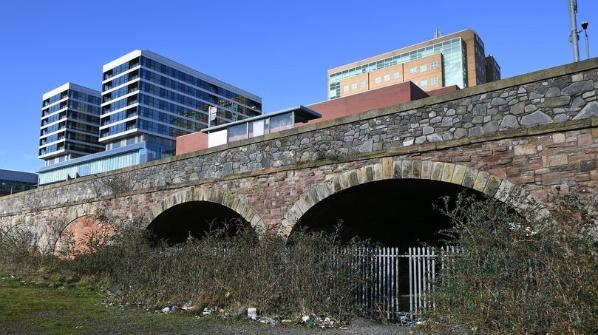
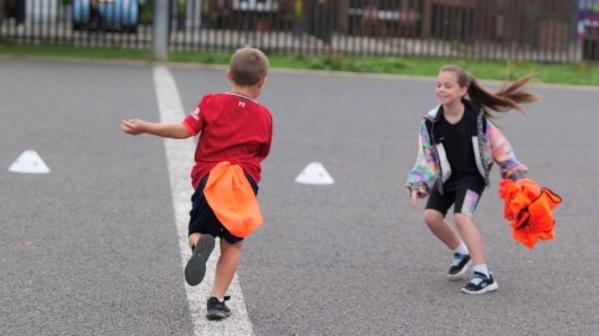
-600x336.jpg)
